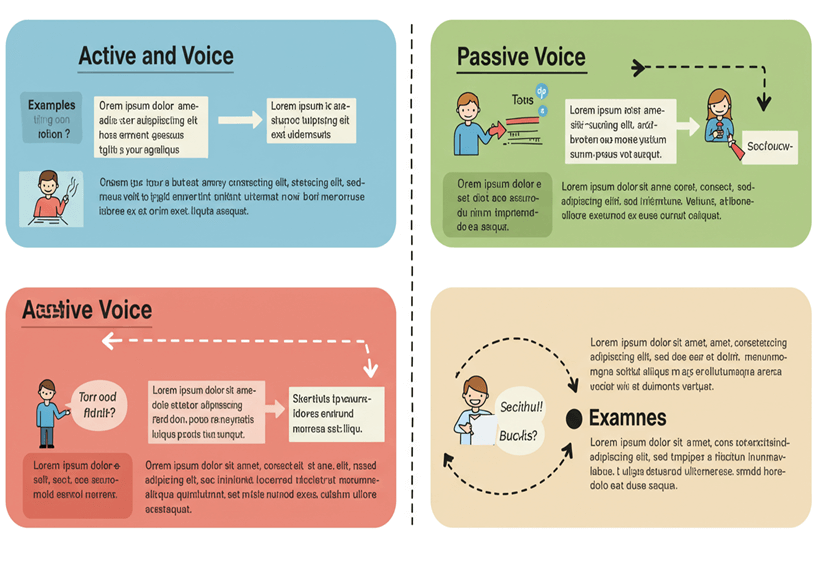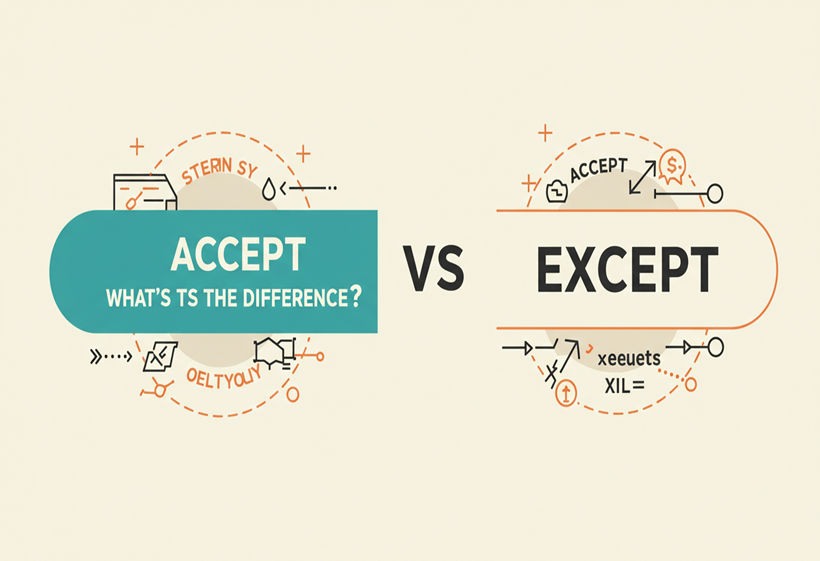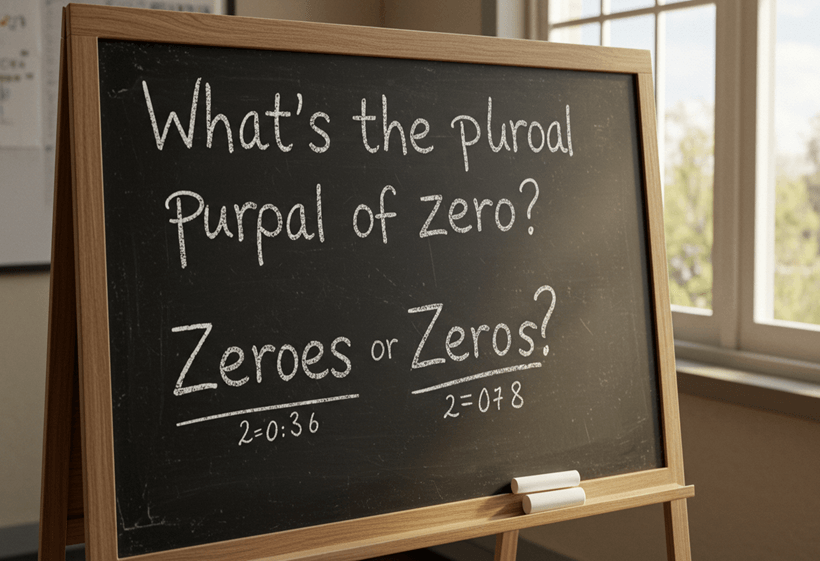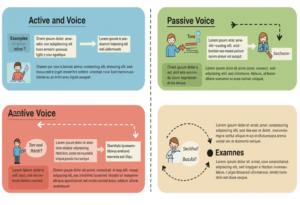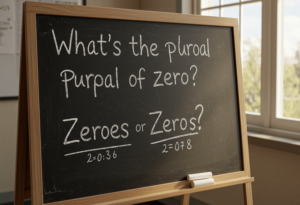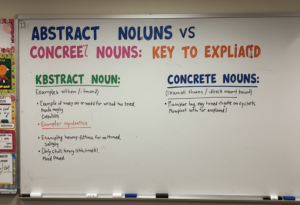Abstract Nouns vs Concrete Nouns: Key Differences Explained

Abstract nouns refer to ideas, emotions, or qualities that cannot be perceived by the five senses (e.g., love, freedom). Concrete nouns represent physical objects that can be seen, touched, heard, smelled, or tasted (e.g., book, apple). Understanding the distinction helps with grammar, clarity, and effective communication.
Comparison Table
| Plural Noun Rule | Example or Exception |
|---|---|
| Abstract nouns are usually uncountable and do not have a plural form. | Happiness (not happinesses) |
| Some abstract nouns can be plural if referring to different instances. | Experiences, freedoms |
| Concrete nouns are countable and have plural forms. | Books, chairs, apples |
| Some concrete nouns remain the same in singular and plural. | Deer, sheep, aircraft |
Understanding the Grammar
Abstract nouns originate from Latin and Greek, where philosophical and intangible concepts were often expressed as singular ideas. Concrete nouns, derived from Old English and other Germanic languages, typically followed physical reality, where countability was necessary.
Common Mistakes:
-
Using abstract nouns in plural when not appropriate (e.g., knowledges instead of knowledge).
-
Treating mass nouns (e.g., information) as countable (e.g., informations is incorrect).
-
Confusing nouns that can be both abstract and concrete depending on usage (e.g., “experience” as an idea vs. a specific event).
Example Sentences
-
Abstract: Her happiness was evident in her smile.
-
Concrete: She placed the book on the table.
-
Abstract: The concept of justice varies across cultures.
-
Concrete: The dog barked at the stranger.
-
Both: His experience in law helped him solve the case. (abstract) / He shared an experience from his trip. (concrete)
Memory Trick
Think of abstract nouns like thought bubbles—you can imagine them, but you can’t touch them. Concrete nouns are like building blocks—they have physical form.
Grammar Rules and Style Preferences
-
AP Stylebook: Advises using singular abstract nouns (e.g., love is important, not loves are important).
-
Oxford Dictionary: Notes that some abstract nouns (e.g., freedom, power) can be countable depending on usage.
-
Common Writing Conventions: Formal writing avoids unnecessary pluralization of abstract nouns.
Exceptions and Debated Cases
-
Words like “pain” can be abstract (emotional suffering) or concrete (physical sensation).
-
“Work” is uncountable in general but countable in art (e.g., a work of art).
-
“Hope” is usually abstract but can be used concretely (e.g., a mother’s hope vs. his hopes for the future).
Summary
-
Abstract nouns express ideas, feelings, and concepts.
-
Concrete nouns refer to tangible, physical objects.
-
Some nouns function as both depending on context.
-
Follow grammar rules based on the style guide and context.
Understanding abstract nouns vs concrete nouns improves writing clarity and helps avoid grammatical mistakes.

